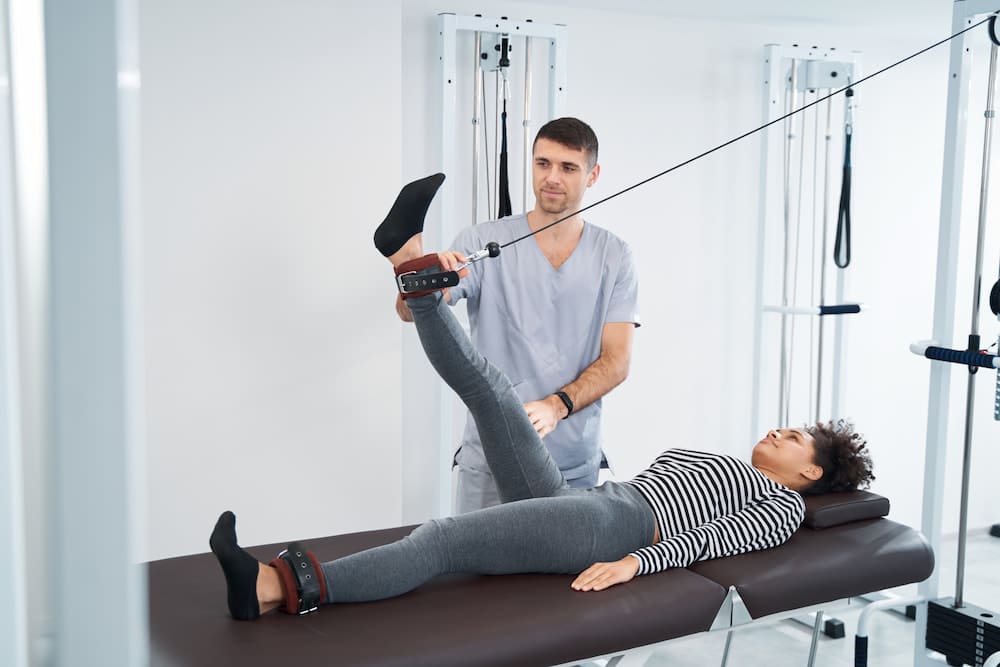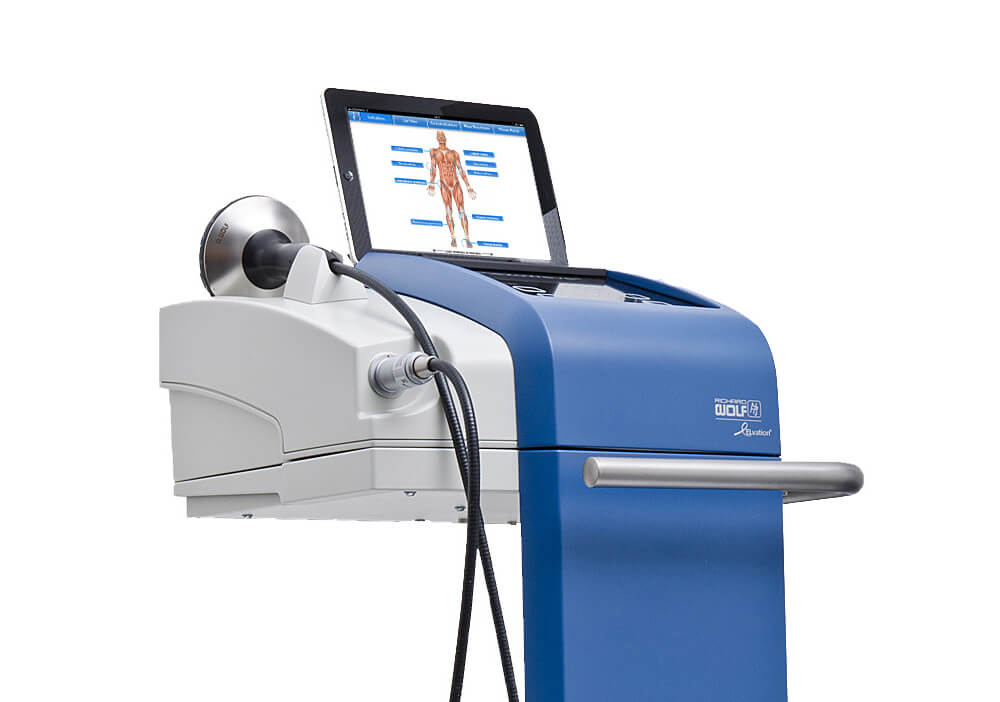

Temporomandibular joint disorder (TMJ) can cause discomfort and pain in the jaw joint and surrounding muscles. In addition to traditional treatment options, such as oral appliances and pain medications, chiropractic care has emerged as a holistic approach to alleviating TMJ symptoms. This article will explore the benefits of chiropractic techniques in managing TMJ disorder.
The temporomandibular joint connects the jawbone to the skull and facilitates essential movements like speaking, chewing, and yawning. When imbalances or misalignments occur in this joint, individuals may experience various symptoms such as jaw pain, headaches, clicking or popping sounds, muscle stiffness, or limited jaw movement. TMJ can result from several factors, including trauma, bruxism (teeth grinding or clenching), arthritis, or stress.

Misalignment in the spine can contribute to TMJ issues. Chiropractors employ various techniques, such as spinal adjustments, to correct misalignments and improve joint motion in the neck and upper back. By restoring spinal alignment, pressure on the nerves that impact the jaw joint can be reduced, providing relief from TMJ symptoms.
Chiropractors may also target the muscles and surrounding soft tissues that contribute to TMJ discomfort. Gentle massage, stretching, and myofascial release techniques help to alleviate muscle tension, improve blood circulation, and restore flexibility to the jaw muscles.
Chiropractors are trained in specific techniques to mobilize the temporomandibular joint. By applying gentle pressure and manipulation to the jaw joint, chiropractors can help restore proper range of motion and reduce inflammation. Joint mobilization releases tension, reduces pain, and improves the overall function of the jaw joint.

Poor posture, particularly in the neck and upper back, can place additional strain on the temporomandibular joint. Chiropractors evaluate a patient’s posture and may recommend exercises and adjustments to correct misalignments. By addressing posture-related issues, TMJ symptoms can be alleviated and prevented from worsening.
Stress is a common trigger for TMJ pain and discomfort. Chiropractic care often incorporates various relaxation techniques, including deep breathing, meditation, and stress management counseling. By reducing stress levels, patients may experience decreased muscle tension and an overall improvement in TMJ symptoms.
Chiropractic care offers a holistic and non-invasive approach to managing TMJ disorder. By addressing spinal misalignments, muscle tension, joint mobility, and postural issues, chiropractors can help alleviate TMJ symptoms and improve overall jaw function. When combined with traditional treatment options, such as oral appliances and lifestyle modifications, chiropractic care can provide significant relief for individuals suffering from TMJ. If you are experiencing TMJ symptoms, consider consulting with our experienced chiropractor at Health in Motion Chiropractic to explore how our care can benefit you and enhance your quality of life.



Call us today at (386)-320-0325 for relief of your whiplash symptoms or for assistance in reaching optimal health.
